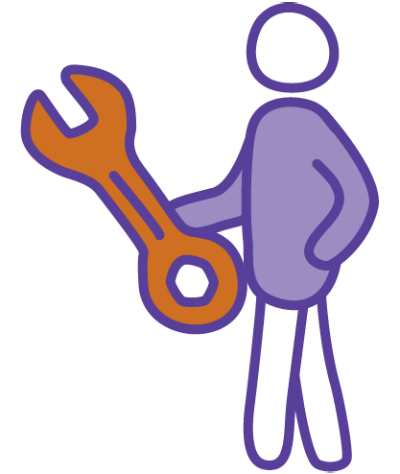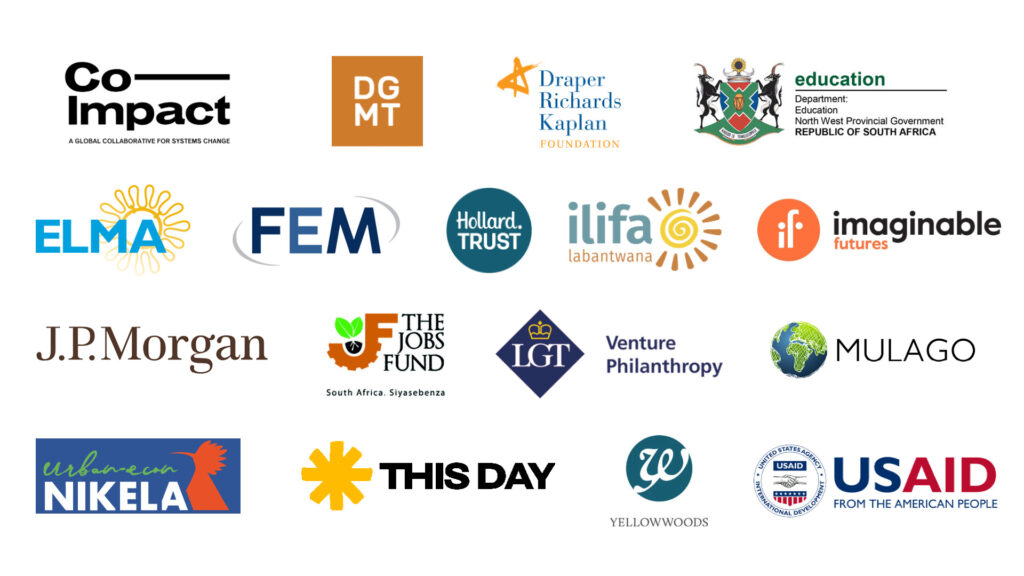The importance of ECD
A child’s early years set the foundation for their success at school, and beyond.
Economists indicate that the return on investment for every rand spent on early childhood development is substantially higher than for every rand spent on primary, secondary or tertiary education combined.
That return is calculated in terms of the life-long personal gains for the child, as well as the social and economic gains for society. The dividend comes in the form of higher tax yields, along with lower spending on welfare, health, and crime.
The bottom line: early learning is key to a functional, thriving society.
Early learning programmes are a triple impact
investment:
In a country like South Africa, where over 80% of children from lower income households and under serviced communities do not attend any kind of formal early learning programme, the impact of equipping every child with the power to succeed would be immense and life changing for all.
Smart Programme Overview
Based on evidence and global best practice, and aligned with South African curriculum frameworks and standards, the SmartStart programme and daily routine is designed to equip children aged three to five years with the skills they need to lay the foundation for their development and wellbeing.
The programme focuses on achieving three key outcomes for every child:

Healthy Relationships
The ability to form healthy relationships that make them happy and give them a secure foundation.

Confident Communication
To be a smart thinker and confident communicator, who uses language effectively to listen, reason and speak.

Life Skills
To develop core general life skills like self-control, perseverance, flexibility, and memory, which are essential for success.
Smart Results
In 2018, we commissioned an external evaluation of children attending our SmartStart Programmes. Children were assessed using the Early Learning Outcomes Measure (ELOM), which measures gross and fine motor co-ordination and visual motor integration, emergent literacy and language, early numeracy, and cognitive and executive functioning. A baseline assessment was conducted, and eight months later the same cohort of children were reassessed.
ECD in the world
Over recent decades, countries like the USA have treated the financing of Early Childhood Development (ECD) programmes as an economic investment. Their premise is that access to ECD programmes unlocks the current labour market potential of more women, and the future labour market potential of more children.
The US government recently announced a $200 billion investment in free pre-school for every 3-4 year old child.
The following statement emphasises how early learning drives economic growth: “By some estimates, the benefits of a universal pre-school system to U.S. Gross Domestic Product are more than three times greater than the investment needed to provide this service.”
Our current Smart Investors and Funders include:

Message
Sign-up to receive periodic updates on SmartStart’s performance and impact.

